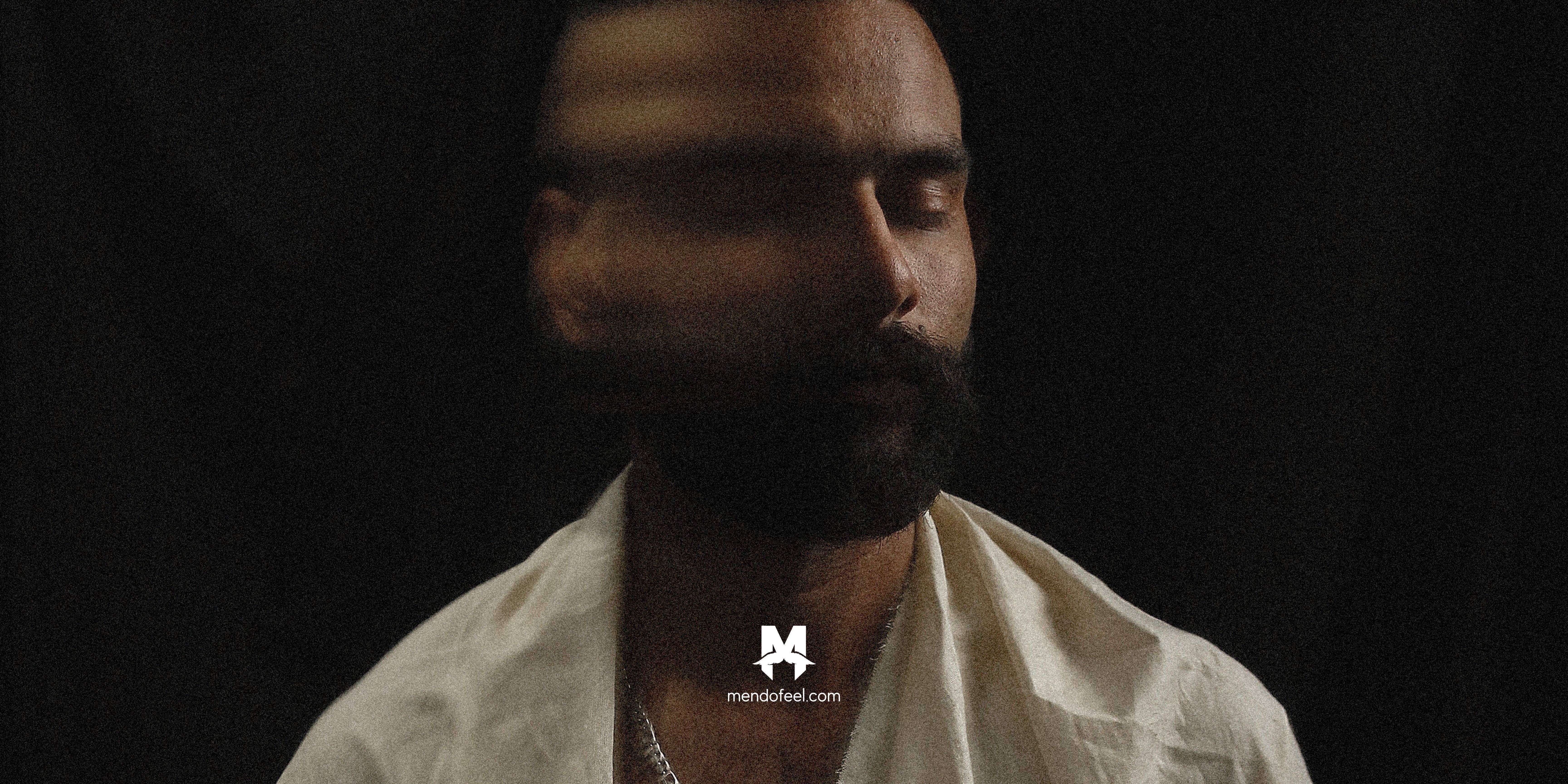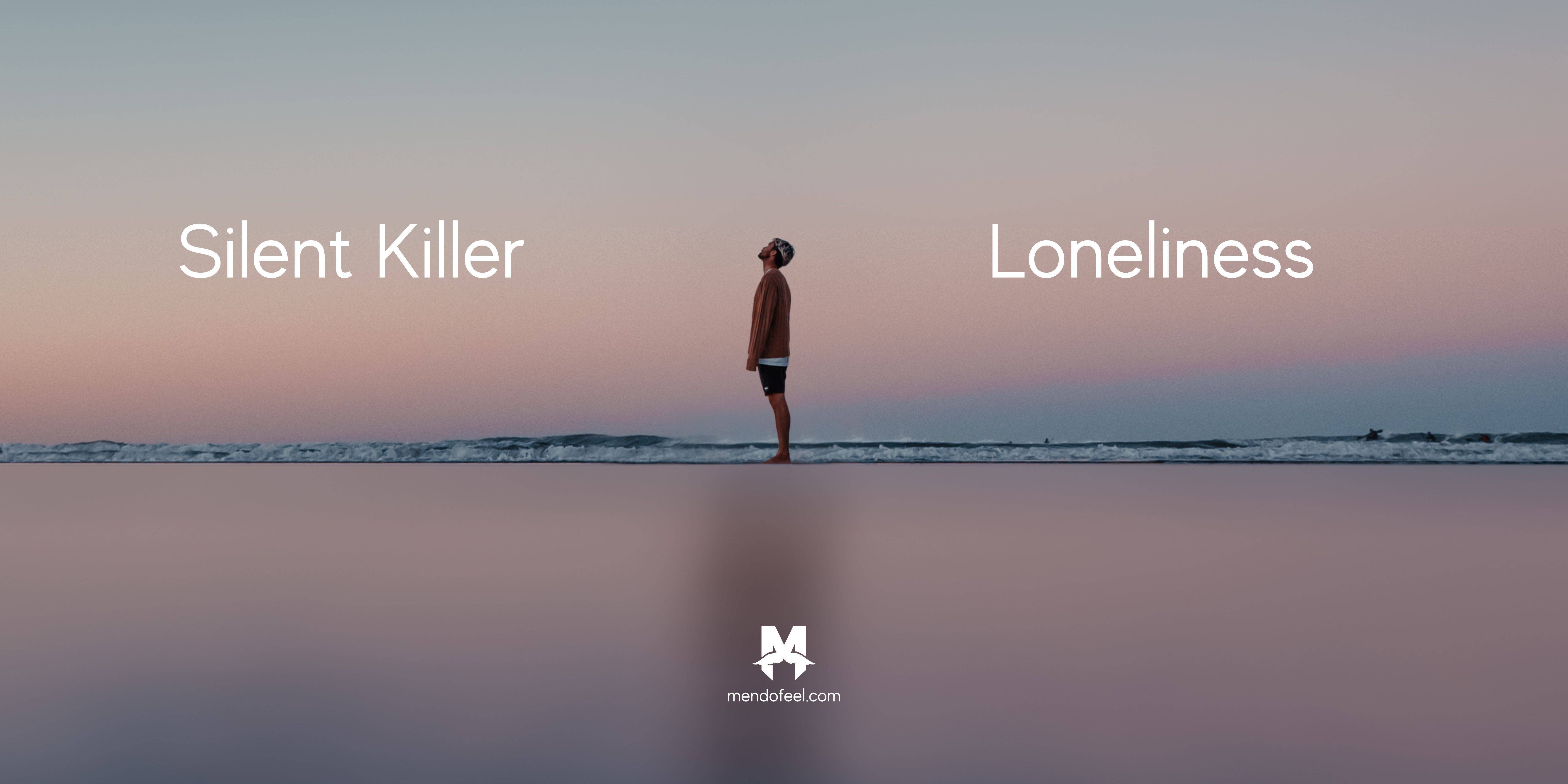Depression is a complex and debilitating mental health condition that affects millions of people around the world.
It is not simply feeling sad or down for a short period of time, but rather a persistent and pervasive state of sadness, hopelessness, and emptiness that can impact every aspect of a person's life. Despite its prevalence, depression is often misunderstood, and those who suffer from it may find it difficult to explain what it truly feels like. In this blog, we will explore what it really feels like to be depressed, shedding light on the often-misunderstood experience of this mental health condition.
Imagine waking up every morning with a heavy weight on your chest, as if a boulder is pressing down on you, making it hard to breathe. Your mind feels foggy, and even the simplest tasks, like getting out of bed or brushing your teeth, feel like monumental challenges. The thought of facing another day seems overwhelming, and you lack the motivation or energy to do anything. This is just a glimpse into the experience of depression.
Depression is not just about feeling sad. It affects your entire being, encompassing your thoughts, emotions, and physical sensations. The emotional pain is often indescribable, as if a dark cloud is hovering over you, sapping away any joy or enthusiasm you may have once had. You may lose interest in things that once brought you pleasure, and find it hard to muster up the energy to engage in activities you used to enjoy. You may feel detached from the world around you, as if you're going through the motions of life without truly living.
The thoughts that accompany depression can be relentless and harsh. Your mind may be flooded with negative thoughts about yourself, others, and the world. You may feel like a burden to those around you, convinced that they would be better off without you. The voice inside your head may be constantly berating you, telling you that you're worthless, unlovable, and destined to fail. These thoughts can be so persistent that they become a constant presence, feeding into a vicious cycle of self-doubt and self-hatred.
In addition to the emotional pain, depression can take a toll on your physical health. It's not uncommon to experience a range of physical symptoms, such as fatigue, changes in appetite, sleep disturbances, and headaches. Your body may feel heavy and achy, as if you're carrying a heavy burden that drains you of your vitality. These physical symptoms can further exacerbate the emotional distress, creating a cycle of physical and mental exhaustion that feels impossible to escape.
One of the most challenging aspects of depression is the sense of isolation it can create. Despite being surrounded by people, you may feel utterly alone. It's as if there's an invisible barrier between you and the rest of the world, preventing you from fully connecting with others. You may withdraw from social activities, avoiding contact with friends and family, and even isolating yourself from the things you used to enjoy. This isolation can intensify the feelings of loneliness and hopelessness, further deepening the depressive state.
Depression also affects your ability to concentrate and make decisions. Your mind may feel foggy and confused, making it hard to focus on tasks at hand. Simple decisions, like what to wear or what to eat, can feel overwhelming and exhausting. This lack of clarity and indecisiveness can add to the frustration and sense of helplessness that often accompany depression.
It's important to note that depression is not something that can be easily overcome by just "snapping out of it" or "thinking positively." It is a real medical condition that requires proper understanding, support, and treatment. However, seeking help can be another hurdle for those who are struggling with depression. The stigma and misconceptions surrounding mental health can make it difficult for people to reach out for help. Some may feel ashamed or guilty about their depression, believing it to be a personal weakness or a character flaw. Others may fear judgment or rejection from others if they reveal their struggles with mental health. As a result, many people with depression suffer in silence, trying to cope on their own, which can further exacerbate their condition.
But the reality is that depression is not a weakness, and it's not something that can be overcome through willpower alone. It's a complex interplay of biological, psychological, and environmental factors that can impact anyone, regardless of age, gender, or background. Seeking professional help, such as therapy or medication, is a crucial step in managing depression. It's not a sign of failure, but rather a courageous and proactive effort towards self-care and recovery.
Recovery from depression can be a challenging journey, but it is possible. With the right support and treatment, many people with depression are able to find relief from their symptoms and regain a sense of control and joy in their lives. However, it's important to acknowledge that recovery may not be linear, and there may be setbacks along the way. It's a process that requires patience, self-compassion, and understanding.
If you are someone who is struggling with depression, or if you suspect that a loved one may be depressed, here are some important things to keep in mind:
-
It's not your fault: Depression is not a result of personal weakness or failure. It's a legitimate medical condition that requires proper treatment, just like any other physical illness.
-
You're not alone: Depression is a common mental health condition, and there are millions of people who have experienced or are currently experiencing similar struggles. It's important to reach out for support, whether it's from trusted friends and family, a therapist, or a support group.
-
Self-care is crucial: Taking care of your physical, emotional, and mental well-being is vital in managing depression. This includes getting enough sleep, eating nourishing food, engaging in regular physical activity, and practicing self-compassion and self-care activities that bring you joy.
-
It's okay to ask for help: Asking for help is not a sign of weakness, but rather a sign of strength. Don't be afraid to seek professional help, such as therapy or medication, if you need it. It's an important step towards your recovery.
-
Be patient with yourself: Recovery from depression takes time and effort. It's important to be patient with yourself and not to judge yourself for not feeling better right away. Remember that healing is a process, and progress may be gradual.
-
Challenge negative thoughts: Depression often comes with negative thought patterns. Learn to identify and challenge these negative thoughts, and replace them with more positive and realistic ones. Cognitive-behavioral therapy (CBT) can be a helpful approach in addressing negative thought patterns.
-
Reach out for support: Surrounding yourself with a support system can make a significant difference in managing depression. Don't hesitate to lean on trusted friends, family, or professionals for support. You don't have to go through it alone.
In conclusion, depression is a complex and challenging mental health condition that impacts every aspect of a person's life. It's not just feeling sad, but a persistent and pervasive state of emotional, cognitive, and physical distress. It's important to understand that depression is not a personal weakness, but a legitimate medical condition that requires proper understanding, support, and treatment. Recovery is possible, and seeking help is a crucial step towards healing.








